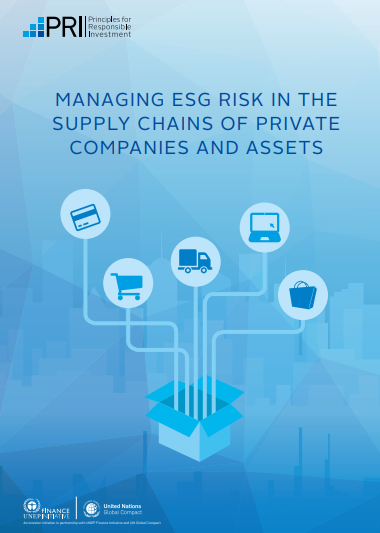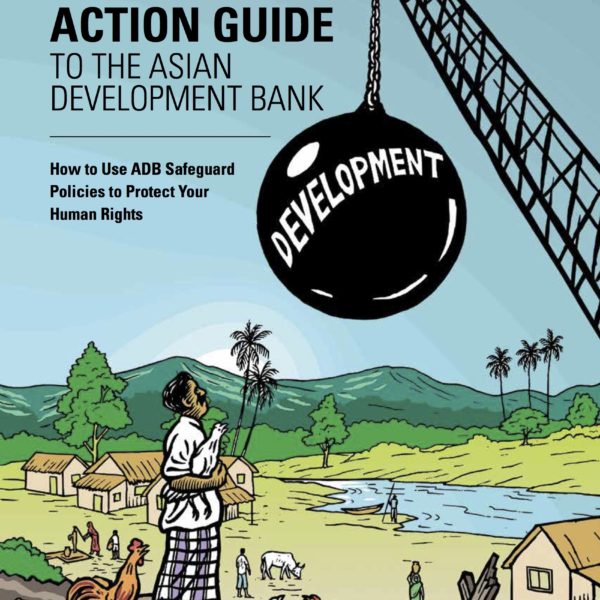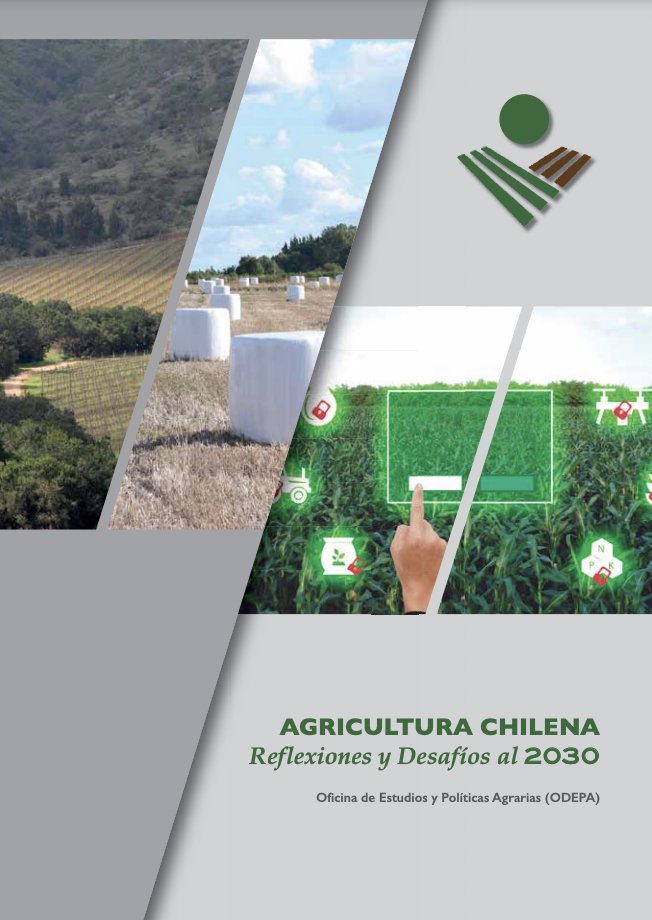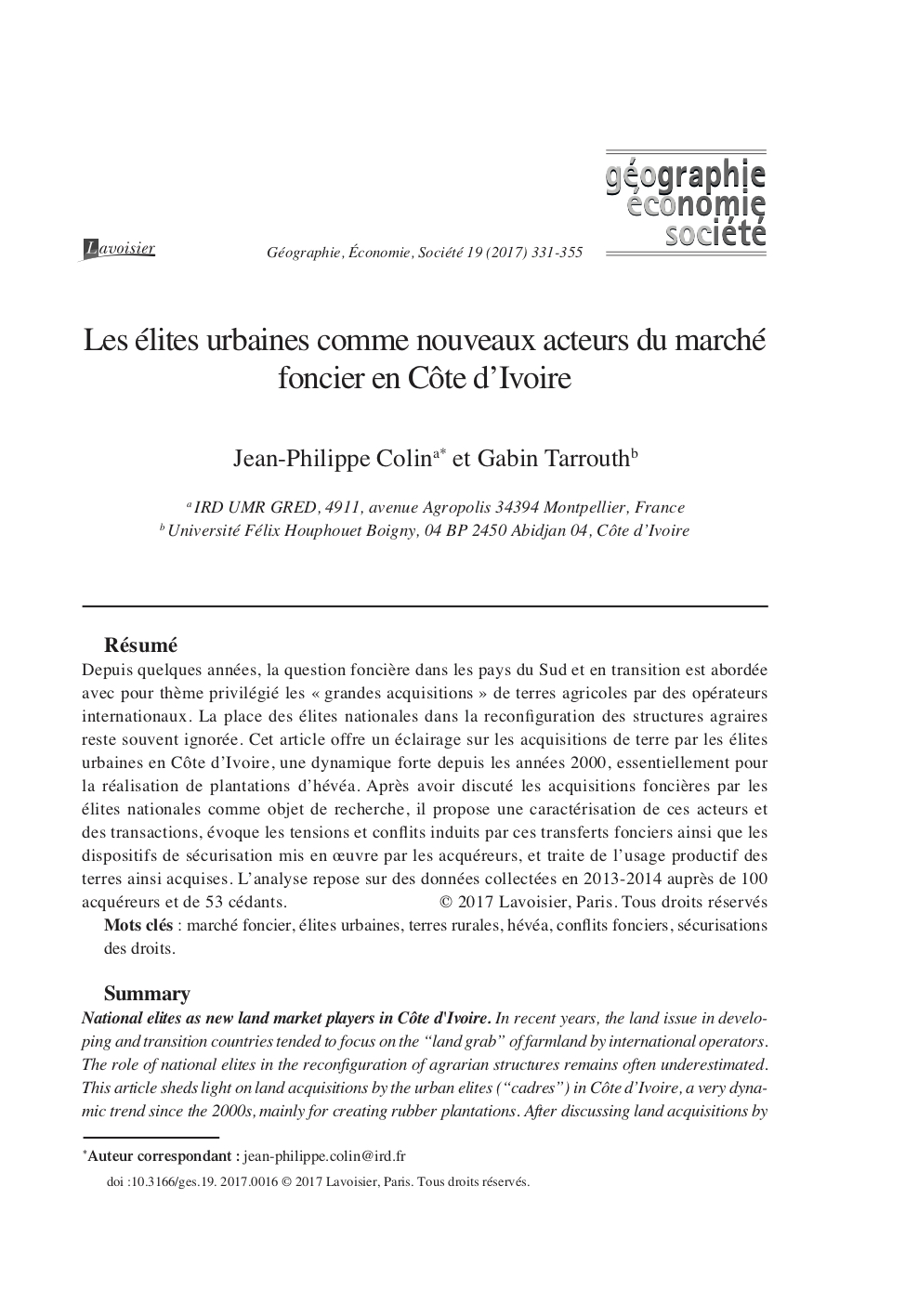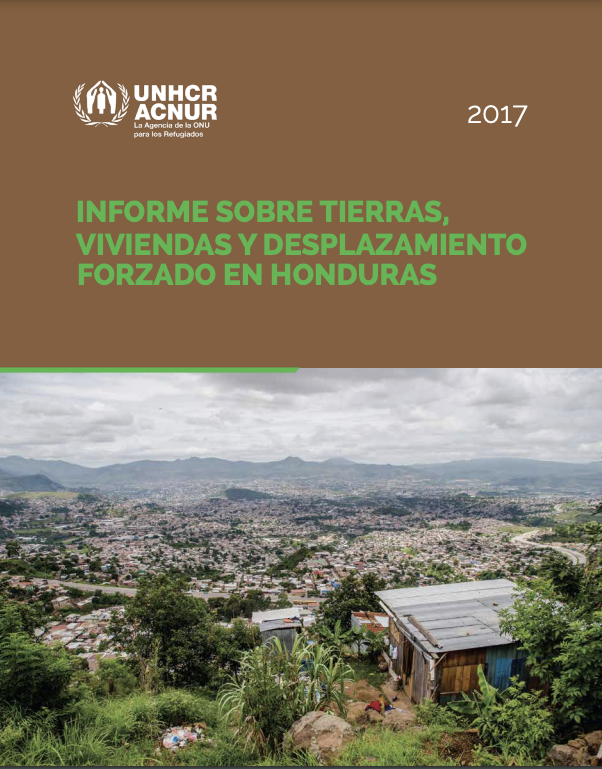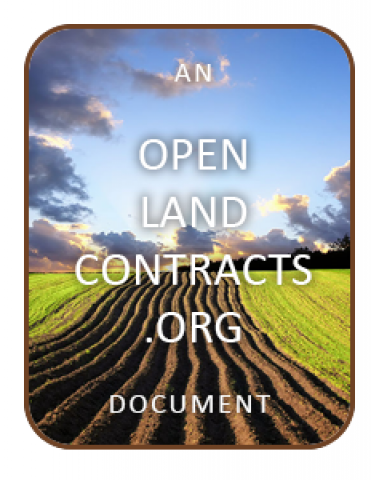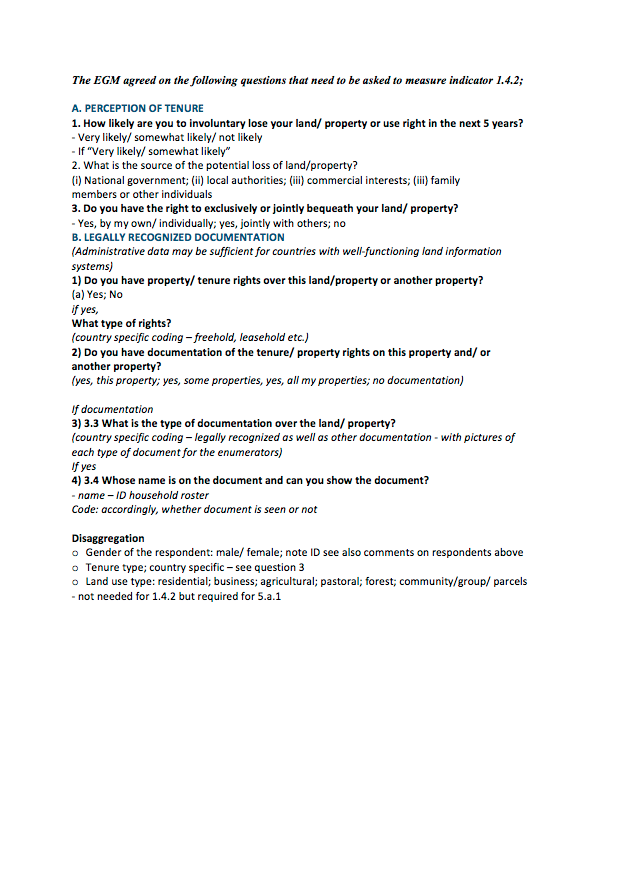Managing ESG Risk In The Supply Chains Of Private Companies and Assets
This guide is primarily intended for private equity and real asset investors seeking to improve the risk profile of their portfolios and maximise their returns by investing in companies that manage their supply chains effectively. It provides information on what to look for and on how to engage with companies on E&S risks in supply chains.

